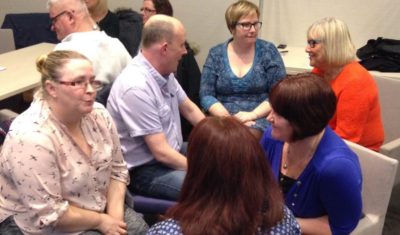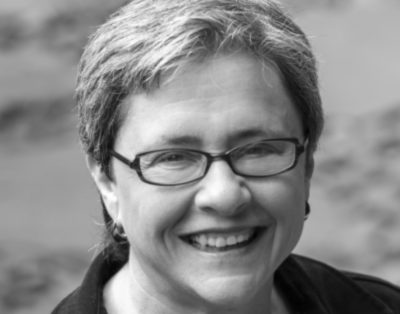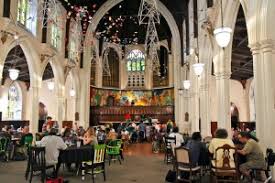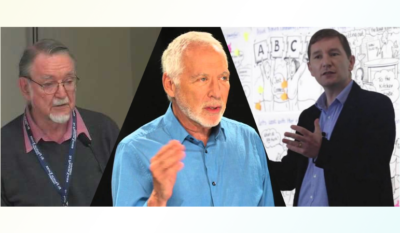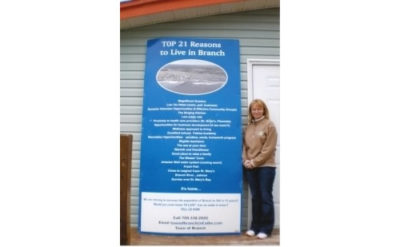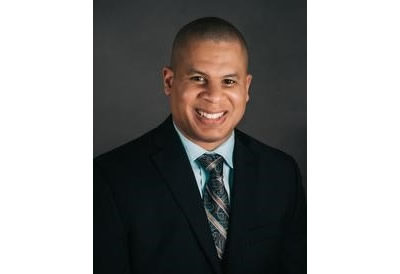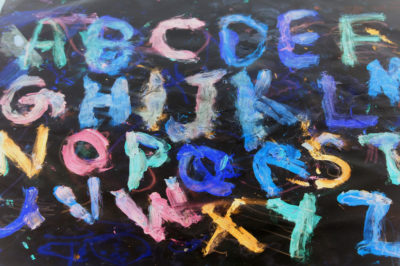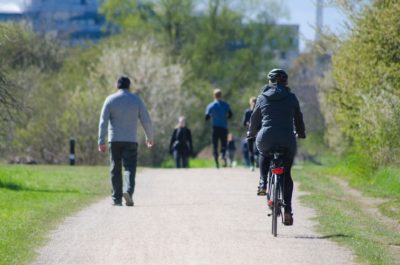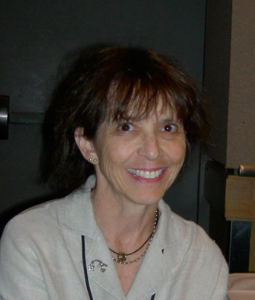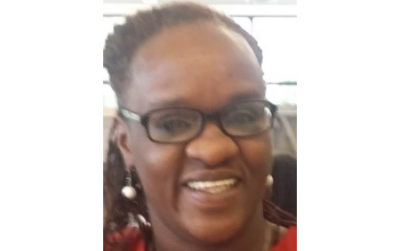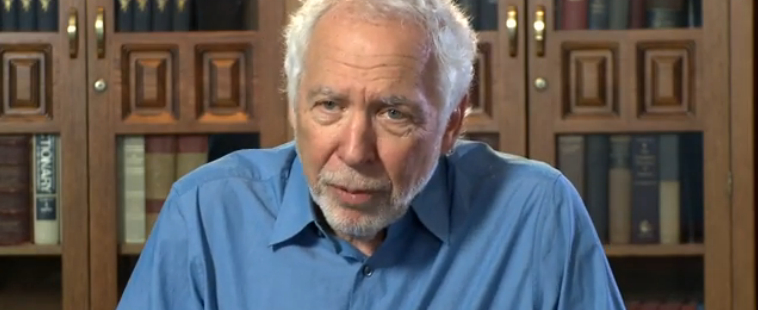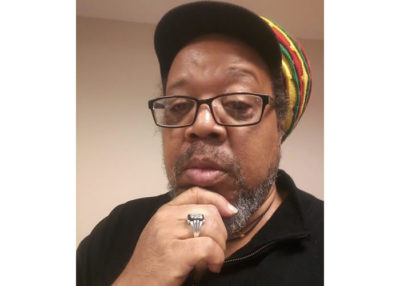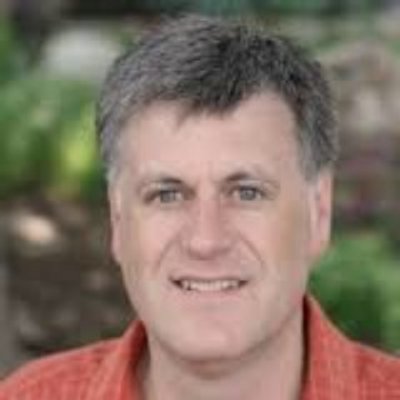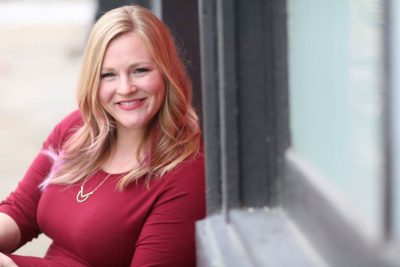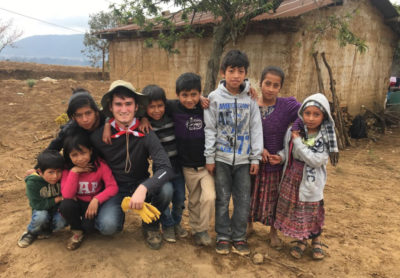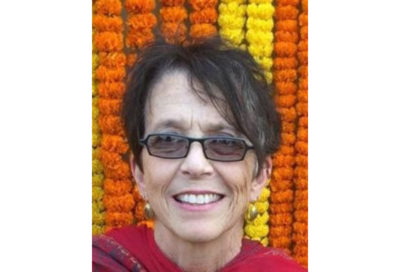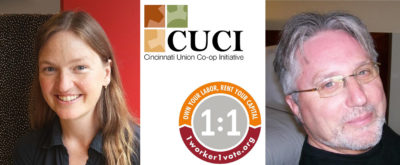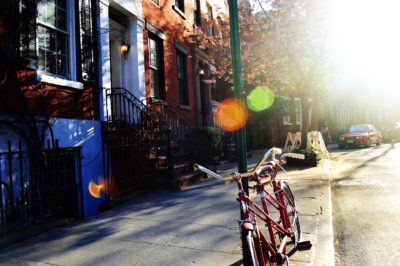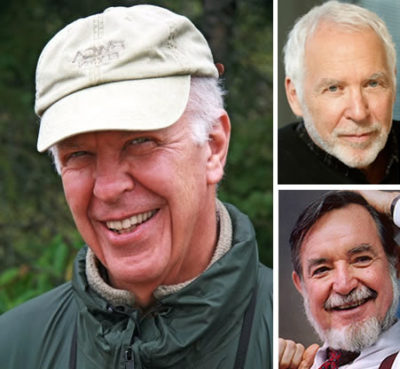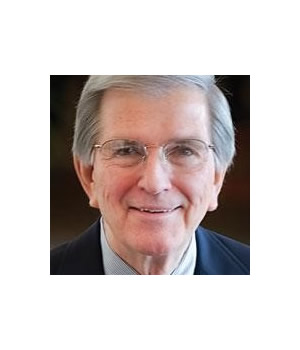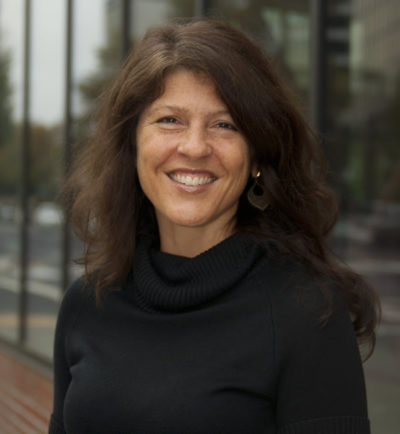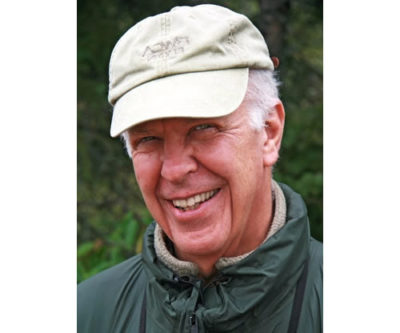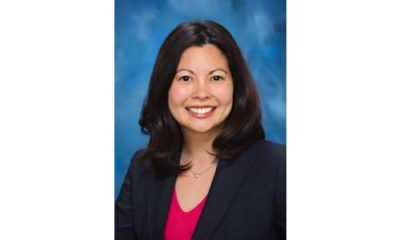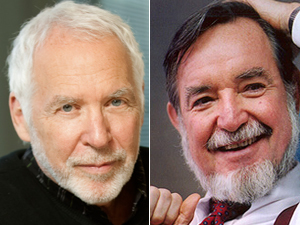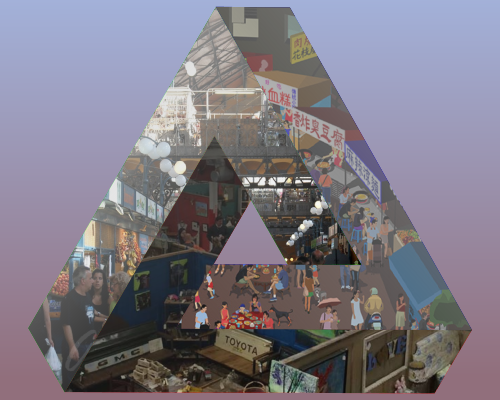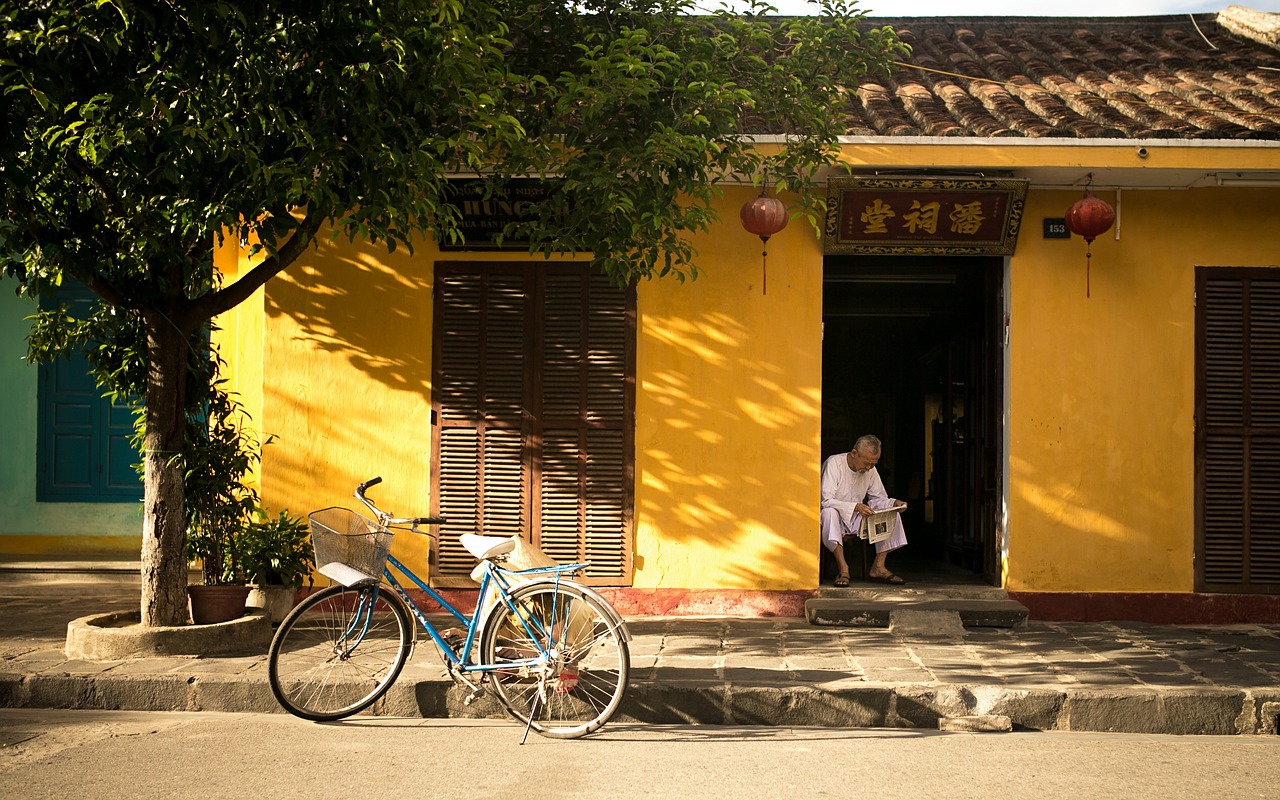The Good Life Conversation
Building community: Tune into talk with Sarah van Gelder
A Place at the Table
Exploring How Community Animators Work: Cormac Russell
Tune into this insightful conversation with Cormac Russell. Cormac, Managing Director of UK-based Nurture Development, has been doing asset based community work in over 100 neighborhoods around the world.
In this conversation, Cormac shares the 8 Touchstones he developed for animating neighborhood relationships. He also shares about learning sites, the role of the community animator and connector, and lessons being learned.
Listen here:
Quotes:
“A lot of our work is about just calling people into a radical presence and a radical act of revealing what’s here, and how we can get that connected up and mobilized.” – Cormac Russell
“We are very focused on how we can accompany local residents and interested practitioners on the journey of getting into right relationship with each other. That’s a critical first touchstone.” – Cormac
Russell
Photo via Nurture Development
Small Town Invites Younger Generation to Come Home
Former mayor Priscilla Corcoran Mooney talks with John McKnight and Peter Block about community life in the small coastal town of Branch, Newfoundland, Canada. In 2007, Branch town council held a “come home” reunion-type event and listed the “Top 21 Reasons to live in Branch,” attracting national media attention. Branch citizens are known for their strong sense of belonging.
Priscilla shares about initiatives connecting people and contributing to well-being, such as a community dinner where photo slideshows spark conversation and a corner store with healthier food options.
Listen here:
Related Link:
Top 21 Reasons to Live in Branch
Visions of a Just Economy
Jubilee is an attempt to be a “ray of light that pierces through the darkness of fear,” says Adam Clark. In this audio recording, Adam, Associate Professor of Theology at Xavier University, talks with Peter Block about the modern vision of Jubilee – a biblical metaphor based on a period of economic re-distribution where slaves are set free, land is returned to its original owners and debts are forgiven.
Adam talks about the ideology of consumerism as a form of religion, the politics of disposability, distributing ownership and more in this radical conversation. Listen here:
Quotes:
“What’s so kind of remarkable about the consumer religion is that it’s not attached to any place. It’s all over. Any place is interchangeable . . . . The religion is something that thrives in homogenizing global culture.” – Adam Clark
“A beloved community is where everybody has some control over their economic lives and participates in the economy. That’s just never happened.” – Peter Block
Related Links:
View these videos of Adam Clark in conversation with Peter Block:
https://www.restorecommons.com/jubilee-professor-adam-clark/
https://www.restorecommons.com/professor-adam-clark/
In Search of the Tie That Binds
Neighborhood initiative impacting social health
In Rochester NY, Deborah Puntenney and her network are transforming the conventional wisdom about how foundation money can produce resident health outcomes. Eight years into the project with the Greater Rochester Health Foundation they are investing in the social determinants of health through grassroots, place-based and resident-driven efforts. This is not about more health services.
The foundation and a group of its grantees formed the Neighborhood Health Status Improvement Initiative, where four neighborhood groups are using Asset Based Community Development to work on health-related issues.
Deborah shares examples from an inner-city community in this conversation with Peter Block and John McKnight:
Related Links:
dpuntenney.com
thegrhf.org/funding/neighborhood-health/
photo courtesy Pixabay.com
How Community Action Shapes Health
Residents Collaborate for Change
“We are here to change the paradigm, how you think, about public housing residents,” says Lashkela “Nikki” Steele, the Parliamentarian and Service Coordinator for J-Rab (Jurisdiction Resident Advisory Board) Inc. J-Rab advocates for social justice and represents more than 15,000 public housing residents.
Nikki shares how J-Rab’s business and service coordination center is working through the six “p’s” to prosperity. The first task is planning and looking at residents who have capacities and skills that are marketable. They are bringing resident-owned businesses together and supporting them. “There is good every single day that goes on (in public housing),” she says.
A mother of three and grandmother of 11, Nikki is a Sullivan Community College graduate and aspires to receive a Bachelor’s and then Master’s degree. Listen to her talk at the “Sanctuary as Jubilee” Community Forum and Conversation:
Changing the Neighborhood Conversation
Part of Jubilee work is to change the narrative away from the predominant culture where people who don’t have wealth are considered broken. Peter Block says reconstructing our language and thinking involves changing how neighborhoods are measured.
He’s working on an economic neighborhood vitality index that measures the economic productivity of citizens and neighborhoods that are traditionally called broken, poor or untrained. Questions such as: What are you good at? What do you make/fix/care for? Where do you get money if you need to borrow it?
“That’s the real Jubilee idea,” says Peter, convener of the Jubilee Circle. “It’s not we’re going to write out a check and forgive the debts. It’s that we’re going to re-construct the narrative of who these neighbors are.”
He also shares about the need to welcome and get connected with people who are strangers. Peter was one of the speakers at The Economics of Compassion Initiative’s “Sanctuary as Jubilee” Community Forum and Conversation. Listen to more:
Personal Jubilee Journey
Cincinnati resident Ras TafarI shares about his own path to Jubilee and involvement with his building’s J-Rab (Jurisdiction Resident Advisory Board) – which advocates for social justice and represents more than 15,000 public housing residents. He shares about the impact of getting involved in J-Rab meetings, learning about being a section three resident and making community connections.
Listen to more of his story from The Economics of Compassion Initiative’s “Sanctuary as Jubilee” forum:
Faith Communities Form Sanctuary Movement
How does the world we live in give rise to the need for sanctuary as Jubilee? In response to vulnerable community members and undocumented immigrants the Cincinnati faith community is knitting together a sanctuary movement, with roots after the Hebrew scriptures cities of refuge. Places of worship are viewed as a safe place, and 17 congregations are offering sanctuary.
Rev. Troy Jackson, Executive Director at the AMOS Project and former Senior Pastor at the University Christian Church, discusses how Jubilee involves a restoration of property and place and equalizing.
Listen to Rev. Jackson’s message from the Economics of Compassion Initiative’s “Sanctuary as Jubilee” forum:
Rabbi Practices Debt Forgiveness with Congregation
A Case for Empathy
Upcoming Community Action and Health Discussion
Did You Know There’s a Union Co-op Movement?
What possibilities do worker-owned co-ops hold for an alternative economy? In the Basque region of Spain, Mondragon is the world’s largest group of industrial worker-owned co-operatives transforming the region from poverty to thriving and resilient communities. In Cincinnati, the Cincinnati Union Co-op Initiative (CUCI) is doing the same.
Michael Peck, co-founder of 1worker1vote.org and a North American Delegate for Mondragon, and Kristen Barker, president and co-founder of the CUCI, join Peter Block and John McKnight in a conversation about union co-op possibilities, successes and struggles. Listen to the full conversation:
Quotes
“This integrated network of co-ops is one of the exciting things that is now coming to life in a much bigger way in the United States because of this Mondragon union co-op.” Kristen Barker
“Stakeholders are coming together who have decided that it’s time to re-own their own economy. It’s time to take their economic sovereignty back and they look to us as a way forward to do that, not just a pathway out of poverty, but a pathway to actual prosperity.” Michael Peck
More Resources
Mondragon: http://www.mondragon-corporation.com/eng/
Cincinnati Union Co-op Initiative: https://www.cincinnatiunioncoop.org/
Upcoming event: National Union Co-op Symposium
Join John McKnight on Zoom May 16
Old Age as an Asset: Conversation with Parker J. Palmer
World-renowned writer, speaker, and activist Parker J. Palmer talks about aging as an asset that is tied in with community development. Parker is co-founder of Center for Courage and Renewal. Parker talks about the need for meaningful, intergenerational activities, where seniors sit with school children or talk with young adults about their vocation and life calling. He shares about periods of struggle in his life and how a friend found a surprising way to provide comfort and connection.
Quotes:
“…this abundance we all have if we’re not afraid of each other, which is the abundance of simple presence to another human being.”
“When our circles gather, we say, rule number one is there shall be no fixing, no saving, no advising, and no correcting each other.”
“It doesn’t matter how old we are, the search for meaning and purpose never ends.”
Listen to the full conversation with Peter Block and John McKnight:
(Parker J. Palmer photo courtesy Center for Courage & Renewal)
Citizens and local democracy: a conversation with David Mathews
David Mathews shares the story of a community where the schoolhouse’s paint was falling off. When a group of neighbors got together and repainted the school the purpose wasn’t about getting paint on the walls – but to demonstrate when people get together they can make a difference.
The Kettering Foundation’s primary research question is “what does it take to make democracy work as it should?” Research is conducted from the citizen’s perspective and explores what people can collectively do to address problems.
David shares these ideas and more in a conversation with John McKnight and Peter Block. Listen here:
Creating an Alternative Economy: BALLE’s Michelle Long
Michelle Long, BALLE (Business Alliance for Local Living Economies) executive director, shares the story of BALLE’s co-founder Judy Wick, who built the socially responsible White Dog Café in Philadelphia through sourcing based on relationships with the land and people in her community.
Founded in 2001, BALLE (pronounced “bahl-ee”) works with local businesses who want to collaborate for the good of their communities, and helps the communities share ideas in various places in North America.
BALLE formed a Community Foundation Circle for foundation leaders who want to see investments used to strengthen community economies. Traditionally, when a donor gives a community foundation gift, the money is placed as a community grant. People are waking up to using money for impact investments.
Listen to her full conversation with Peter Block and John McKnight:
Parker J. Palmer Joins April 10 Abundant Community Call
Abundant Community Edmonton Building Neighborhood Connections
Building Neighborhood Economy: City Solicitor Paula Boggs Muething
City of Cincinnati solicitor Paula Boggs Muething joins Peter Block and John McKnight in conversation on what’s economically possible for poor and marginalized neighborhoods. (more…)
Abundant Communities Zooms to Alberta
Peter Block and John McKnight in Conversation
On Dec. 12, 2016, more than 60 callers listened to Peter Block and John McKnight reflect on their long history of working to building communities by focusing on gifts and connecting people. They discuss what ideas have endured and what questions remain. (more…)



